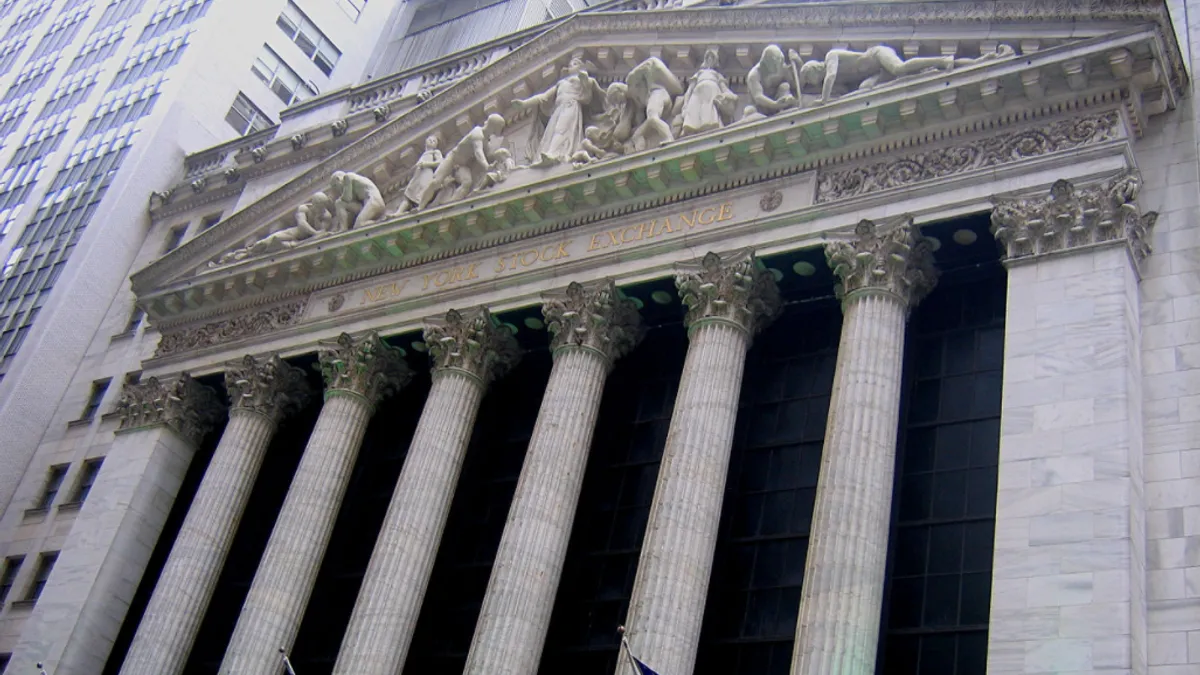If medical device companies hoped for smooth sailing into 2022, the latest surge in COVID-19 cases has put yet another obstacle in their path. Most medtechs saw their stocks tumble as they forecasted another challenging year, while the broader S&P 500 was also down in the last week of January.
Even analysts with J.P. Morgan were less than enthusiastic about the fourth-quarter earnings reports so far, expecting a "long stretch of rather uninspiring updates."
"The bigger focus has been the 2022 guide, and while we wish management teams knew the path COVID will take this year, they are just as in the dark as we are and hoping for an improvement, but aren't yet ready to make that call," they wrote in a research note.
The immediate challenge that device companies face is the sheer number of COVID-19 cases, driven by the omicron variant. It brought COVID-19 hospitalizations to a record high earlier this month, postponing planned procedures. In some cases, even when hospitals had the capacity for surgeries, patients or clinicians would get sick, leading to a delay all the same.
According to the latest hospital data from Jefferies, even as omicron cases begin to descend quickly, these challenges are likely to persist for the next several weeks. Staffing shortages are expected to be more of a long-term issue, one that was reflected in companies' comments during their earnings reports.
Another persistent problem that medtechs are grappling with is a supply chain shortage, including semiconductors and other electronic components. Rising costs for shipping and raw materials are also putting a dent in companies' bottom lines.
Robotics maker Intuitive Surgical said it had faced some "minor constraints" in its ability to fulfill orders, though not enough to affect its bottom line. Meanwhile, GE Healthcare painted a much starker picture of the current environment, describing the supply chain problems as the worst in decades, and expecting them to continue through the first half of 2022.
On the whole, some companies have taken a more optimistic view than others. Abbott Laboratories, buoyed by demand for rapid tests, said it expects to bring in $2.5 billion next year from COVID-19 tests alone. And while Edwards saw a slowdown in transcatheter heart procedures at the end of the year, it didn't lower its guidance for 2022, expecting a rebound in sales of its devices.
In general, medtechs are treading carefully going into the new year, setting expectations on the conservative side, though stopping short of preparing for the worst. J.P. Morgan analysts wrote that it could be helpful to the medical device sector as a whole to have several months of stability after the current surge of cases subsides, though the possibility of another COVID-19 wave "can't be ignored."
Below is MedTech Dive's reporting on medical device and diagnostics' companies latest earnings:














